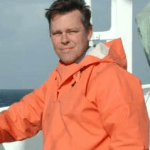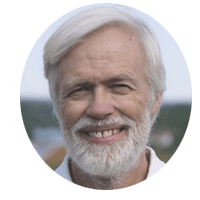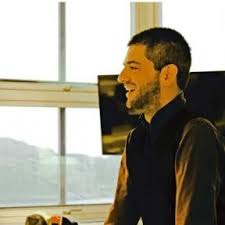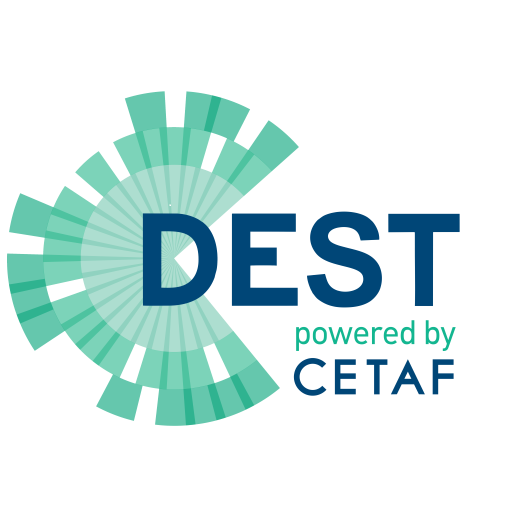When
Spring 2021 (to be specified)
Where
Quota
Max. 15 people
Fee
Included: meals, accommodation
Excluded: travel
Late MSc students, PhD students, and early career researchers. Criteria for selection will be motivation and usefulness of the training for your career.
Course description
Biological taxonomy is the fundamental discipline that deals with the description, naming, classification and identification of organisms. It is the essential unifying backbone for organising and interrelating all biodiversity information. Especially with the current biodiversity crisis, there is an increasing need of sound taxonomic information and expertise for the successful implementation of biodiversity policies and management programs. However, the last decades are witnessing a continuous loss of taxonomic expertise, because of redirected research priorities, budgetary cuts, and the fact that taxonomy is disappearing from academic curricula. The transfer of taxonomic knowledge and skills to new generations is however crucial to counter this trend of declining taxonomic expertise, which hampers the study and conservation of biodiversity. Therefore, there is a pressing need for high quality training that prepares students for future taxonomic careers. Furthermore, as the volume of available biological information is ever-increasing so is the need for digital skills and competencies across scientists. Discovering, evaluating, understanding and analysing data at an unprecedented scale and rate is needed to enable taxonomy to contribute towards urgent societal challenges. To meet this need and to increase the interest, knowledge and skills in taxonomy, a two and a half-weeks theoretical and practical course are be organised to offer students and early career researchers from the WIO-region the opportunity of acquiring fundamental expert knowledge in taxonomy. A wide variety of topics are covered to learn how to describe, illustrate and write about biodiversity using different methods and techniques.

Dr. Tomas Cedhagen

Dr. Matz Berggren

Dr. Charles Oliver Coleman

Dr. Dimitrios Koureas


